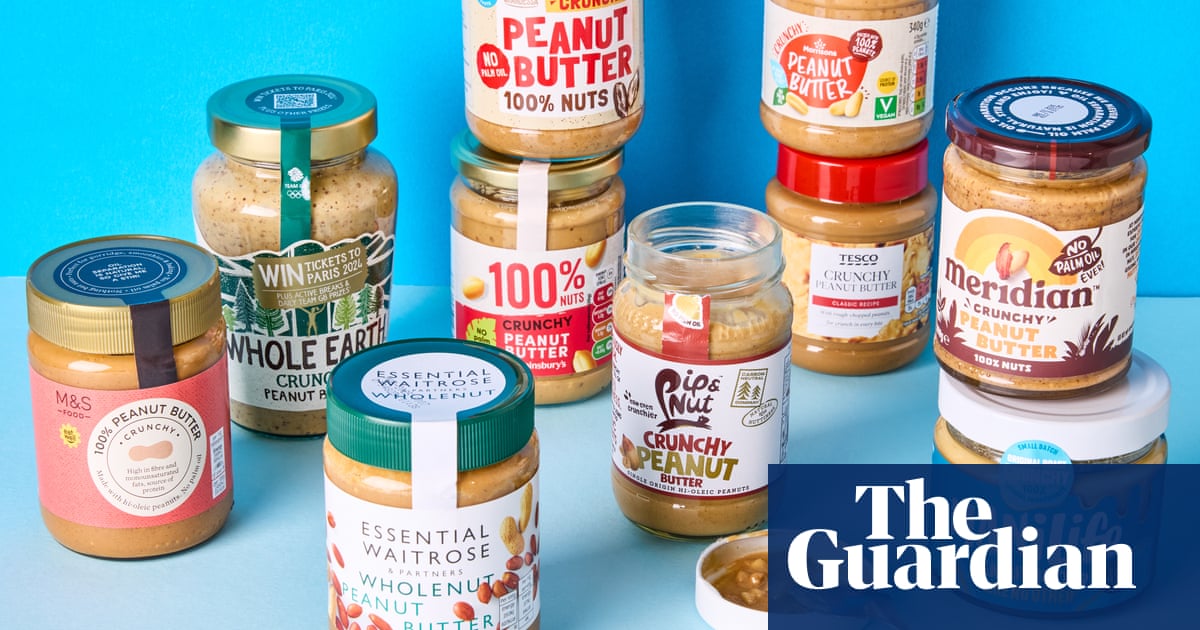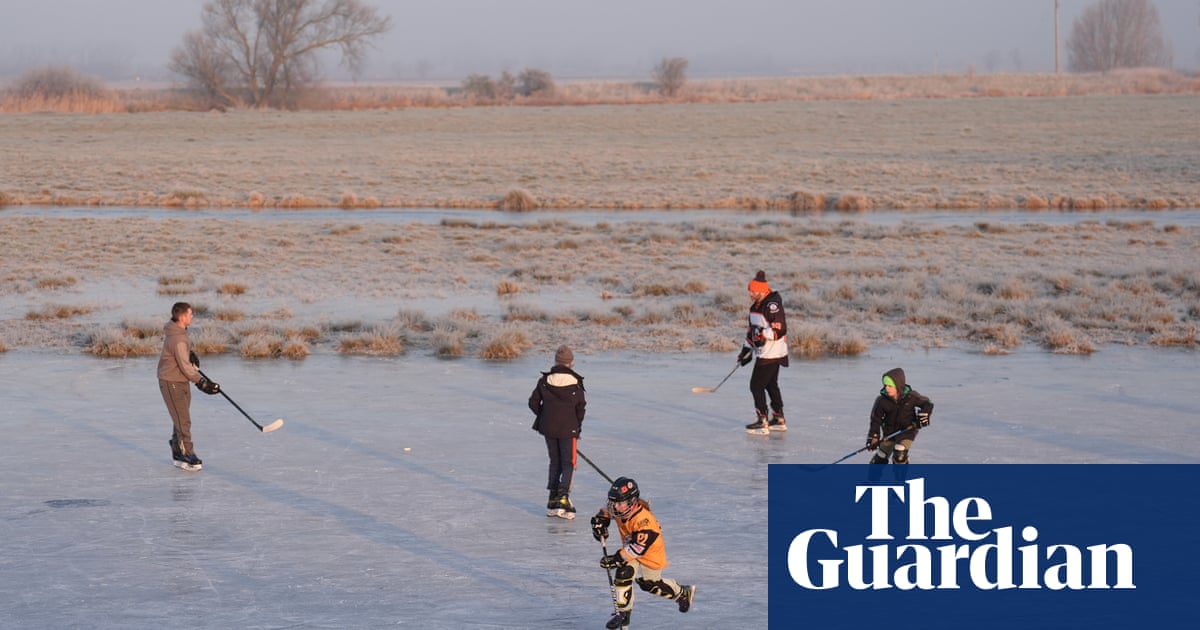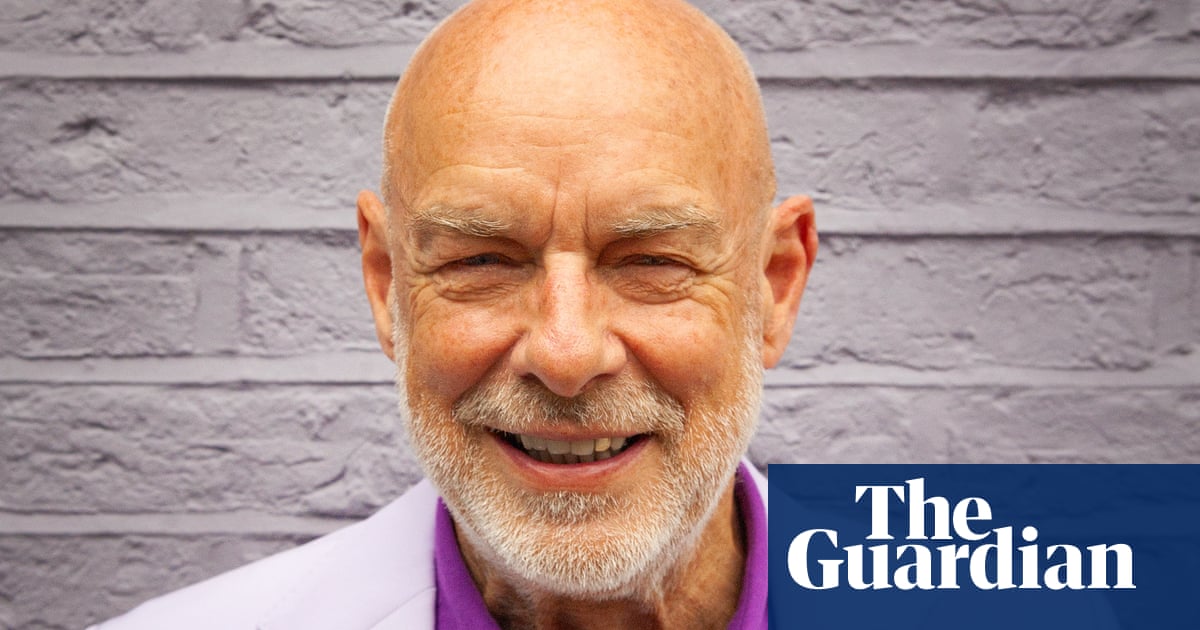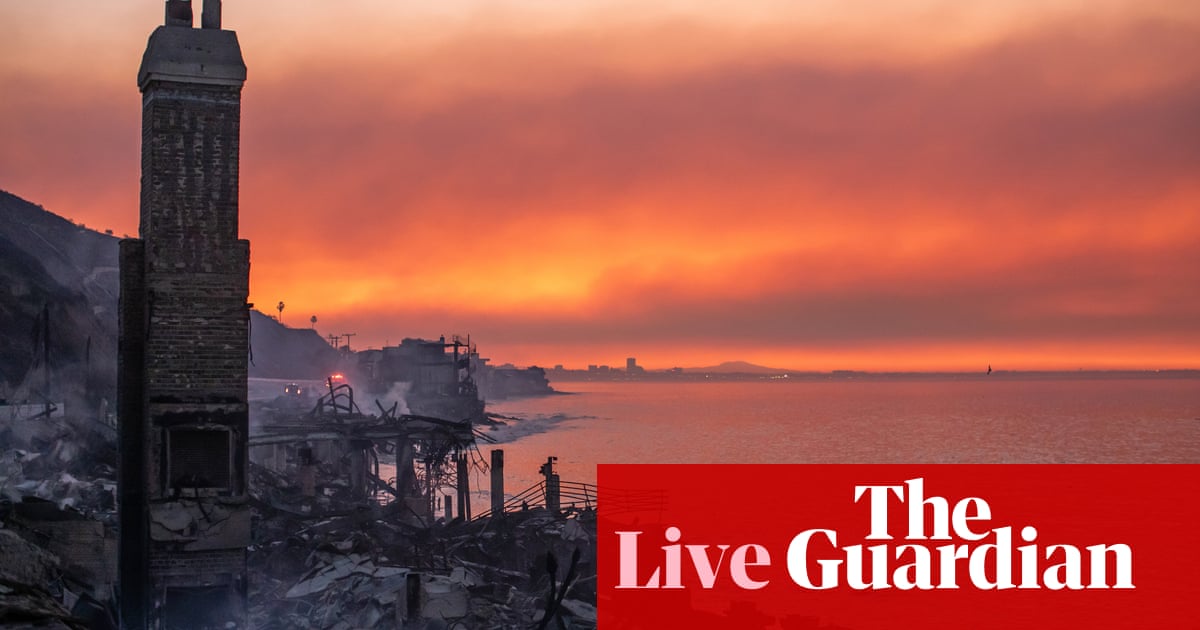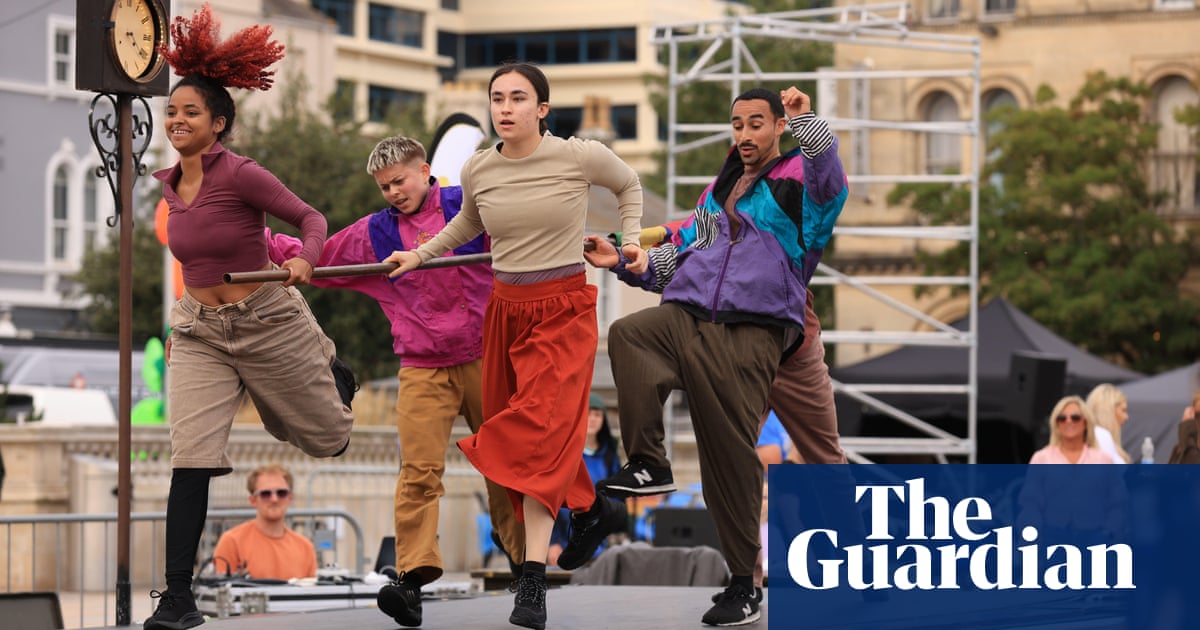Verona Murphy has become the first female speaker of the Irish parliament as part of attempts to form a coalition government.
Murphy, an independent TD for Wexford, defeated two Fianna Fáil candidates and one from Sinn Féin to win the €255,000 (£210,000) a year position of Ceann Comhairle.
Her election was the first action taken by the new Dáil, which met for the first time on Wednesday.
The Irish premier, Simon Harris, formally tendered his resignation to the president, Michael D Higgins, earlier, as part of the formalities of a new Dáil convening.
Harris and the outgoing cabinet will remain in their roles as no party holds a majority and talks to form a government are continuing.
Although Sinn Féin nominated its leader, Mary Lou McDonald, as taoiseach on Wednesday, she was defeated, gaining just 44 votes.
Murphy, 53, emerged as the speaker after the Fine Gael and Fianna Fáil leaders recommended to their parties to vote for her as part of government formation talks.
The other three candidates for the role raised concerns about the strategy to elect a speaker, arguing it infringed on the primacy of the Dáil.
Murphy said she was “humbled, honoured and privileged” to serve in the role, and committed to be impartial, “even-handed and even-tempered”.
She said she would improve her Irish “to a level that is commensurate with the office I now hold” after the issue of Irish language proficiency was raised by the Sinn Féin candidate, Aengus Ó Snodaigh.
Harris and the Irish deputy premier, Micheál Martin, congratulated her on her appointment, with Martin calling it a historic day.
Martin, the Fianna Fáil leader, had criticised Sinn Féin for nominating McDonald to be the next taoiseach, a move which was ultimately defeated with 44 votes in favour, 110 votes against, and 14 abstentions.
Martin said that after the 2020 general election, Sinn Féin had argued that the party that received the largest vote should lead the government.
“So, if it was being consistent, it would be in the process of nominating me today,” he said, prompting jeers in the Dáil.
Fine Gael and Fianna Fáil – the two main coalition partners in the last government – bucked a global trend of electorates ousting governments and instead increased their support, leaving them just two seats short of a majority.
The parties, forged from opposing sides of Ireland’s civil war, who entered government together for the first time in 2020, are expected to rely on independents to make up the final numbers.
Though the centre-left Social Democrats and Labour party have yet to rule themselves out of government talks, momentum is behind the Regional Group of nine independent TDs to enter government.
Talks are expected to continue in the coming days before breaking for the Christmas period and resuming in January.
As the 34th Dáil met for the first time, a protest was held at the gates of Leinster House, the seat of the parliament in Dublin, calling on TDs to urgently pass a bill that would ban imports from illegal Israeli settlements on Palestinian land.
Harris said Ireland’s newly elected parliament would not be intimidated from calling for peace in Gaza and respect for international law.
Israel said at the weekend it was closing its embassy in Dublin, with Israel’s foreign minister accusing Ireland of “antisemitic rhetoric” and of crossing “every red line in its relations with Israel”.
Gideon Saar cited Ireland recognising a Palestinian state “during attacks on Israel”, and attempting to “redefine ‘genocide’ in international law to support baseless claims against Israel at the International court of justice” as acts of hostility towards Israel.
Higgins said it was a “deep slander” and “gross defamation” to accuse Irish people of being antisemitic, and said it was “part of a pattern to damage Ireland”.
Harris said: “I want to tell this house one thing with absolute certainty – no government of any country, especially one which is engaging in the most immoral and brutal onslaught of innocent people and terrified children, will intimidate or silence anyone in this house or this government when we seek to speak up for peace, for human rights and for respect for international law.
“Political debate in general, and debate in this Dáil can often be characterised by division, but on the issue of war in Gaza and the suffering of people there, I believe we’re actually united.
“I’m very proud that Ireland speaks with a strong voice, and it is one which cries out for a ceasefire, for the release of all hostages, for the flow of humanitarian aid, and, ultimately, for the peaceful coexistence of Israel and Palestine as two states.”

.png) 3 weeks ago
15
3 weeks ago
15
